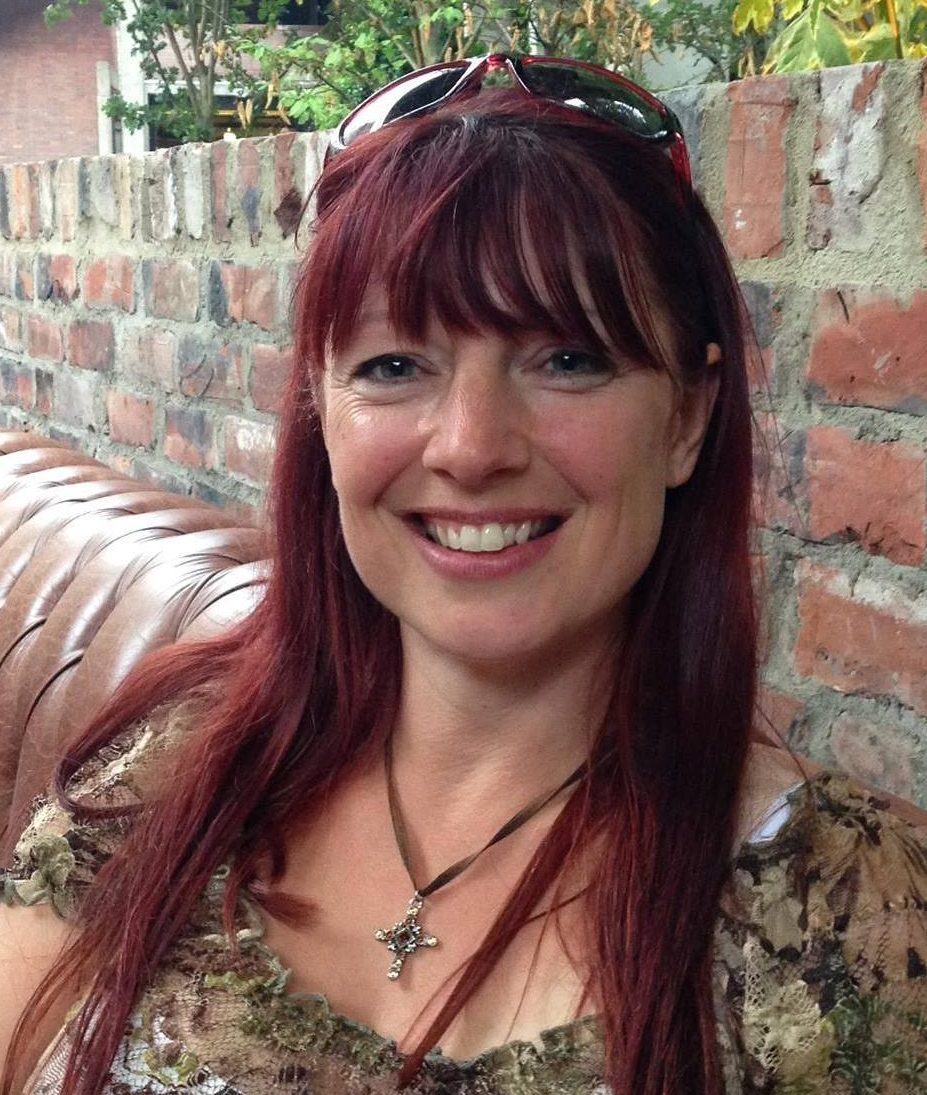
Yesterday evening, I mistimed my dog walk and was still out when the clapping started. I therefore walked and clapped (I’m such an excellent multi-tasker). My dog was surprised and excited, but we managed it. As the clapping ended, we were approaching the estate near where I live. And there I happened across the most peculiar thing.
First of all, as we approached, we could hear a general murmur which gradually increased as we got closer. It reminded me of something from the olden days. I couldn’t quite put my finger on it at first, then I recognised it. It was the sound of a large group of happy voices, like you heard when you entered a pub or a party in days gone by. But those days have ended. So what could it really be?
As we rounded the corner, in the glorious evening sunshine, we saw the most beautiful sight: crowds of socially distancing neighbours, still out in their front gardens, holding conversations with each other. The atmosphere was joyous. People were smiling, laughing, nodding and generally being cheerful. There were no cars, so some people were standing in the middle of the road. Children were out in slippers and dressing gowns, an old lady was resting on her walking frame, some people had brought a glass of beer or wine out with them. As I walked through the whole estate, there was no exception. Every single street was buzzing with happiness and social togetherness (albeit at a distance).
Honestly, it made my heart swell. I realised that many of the neighbours, despite living in the same street, would not have met each other before lockdown. At the most a quick nod or wave or unfelt “how-do-you-do?” Now, because people were all out the front at the same time every Thursday, they’d all not only met each other, but got to know each other too. I am certain, many ever-lasting friendships have been made during lockdown.
It got me thinking. Why did we not already know our neighbours? Because we were too busy that’s why. Why were we too busy? Because we were trying to fit in both parents working full time, children, pets, hobbies, clubs…
When women made huge progress to equality in the 1960s, Britain’s workforce almost doubled. This made the cost of houses go up, so both partners needed to work to pay the mortgage and we got stuck in a never-ending hamster wheel.
Now during this unusual period where many parents are not working, I’m seeing fathers out cycling with their sons, mothers out walking with the children, dogs being walked leisurely by the whole family rather than a quick cursory walk after tea, I’m seeing the products of children’s art work posted in windows; social media lays testament to millions of children spending time with their parents baking, DIYing, gardening, playing board games indoors and sports in their garden. I think this will have a huge positive impact on children’s mental health.
Perhaps we should take this downtime to reconfigure our lives. Perhaps, if we wanted, one parent could go part time or stop working altogether. This would give us more time to spend with our children. Automatically we think we can’t afford it, but perhaps if we look hard enough, there could be a way?
With only one person working, only one car is needed: less fuel, tax, test, tyres, insurance… Could we buy cheaper clothes and food? Could we downsize our home? Do the children really benefit from rushing to so many clubs? Could we swap an expensive hobby for a cheaper one such as walking?
Of course, everyone’s circumstances are different, and there are plenty of couples who both want to work full time, that is their prerogative. But for those who want to make a change, perhaps it’s more achievable than you think. And more worth it than you think.

